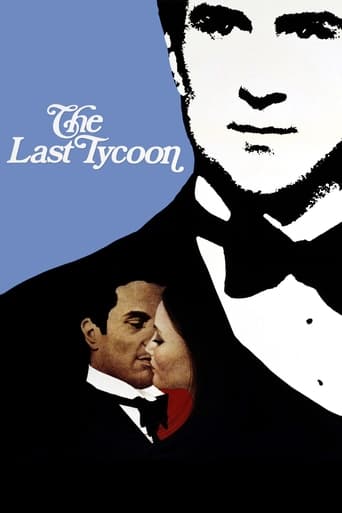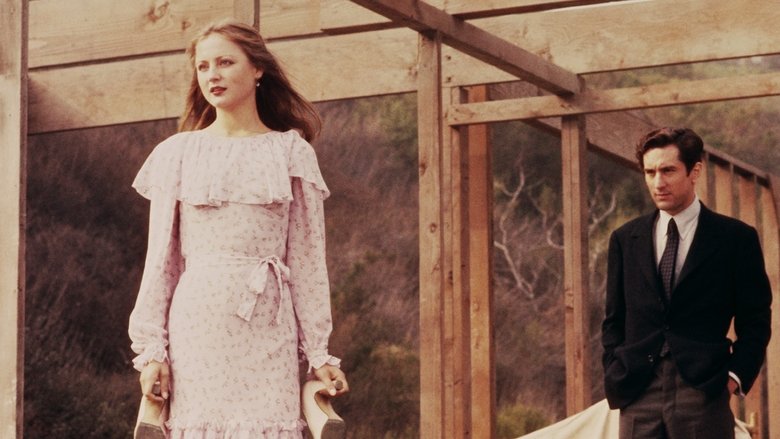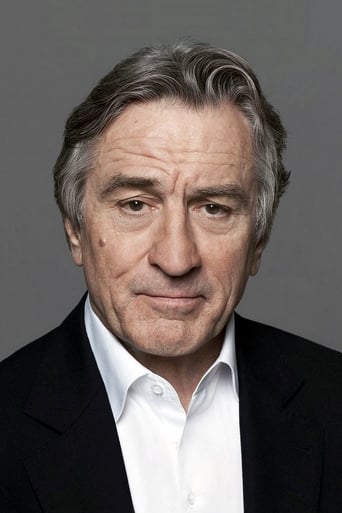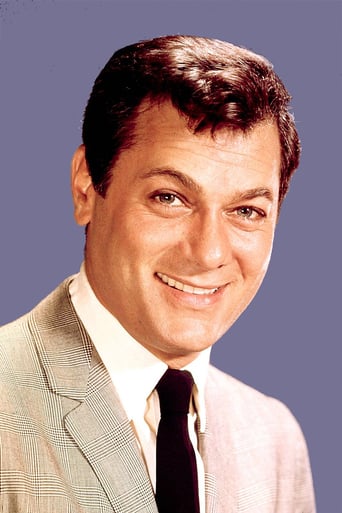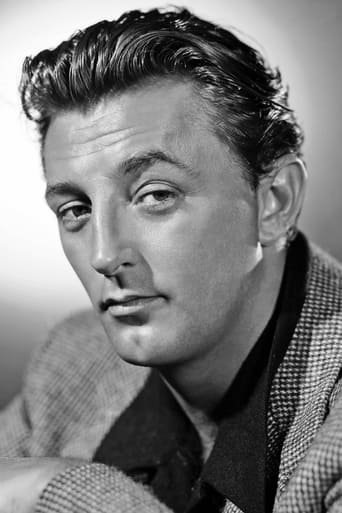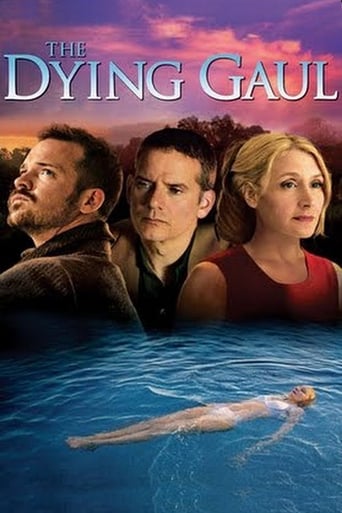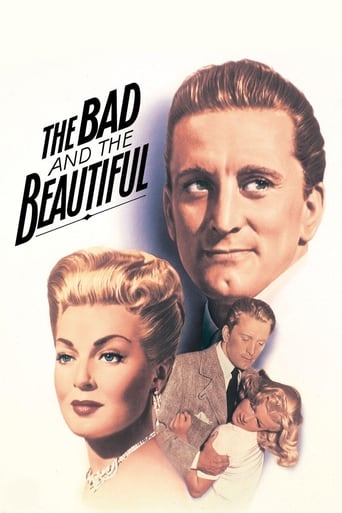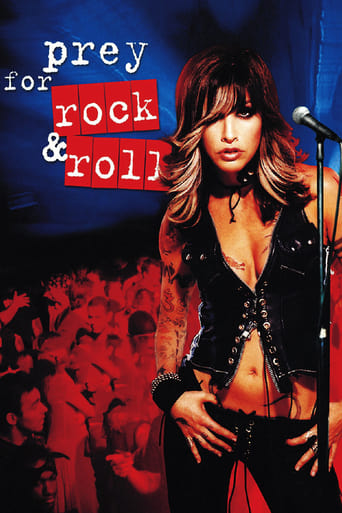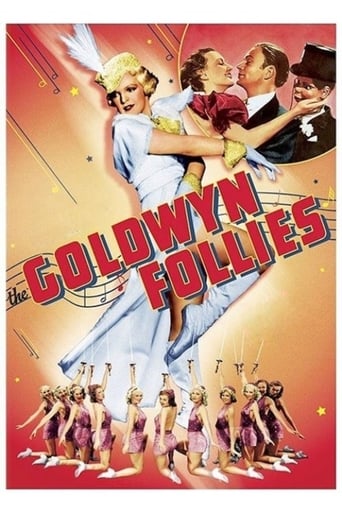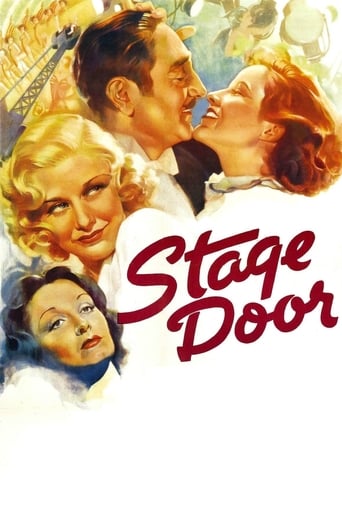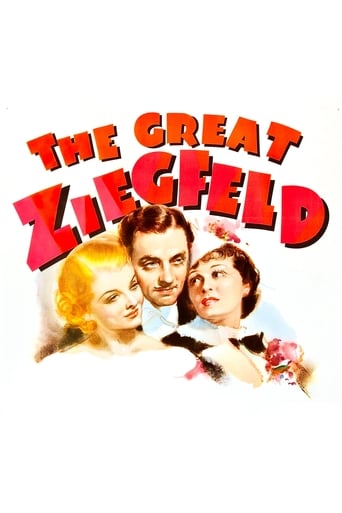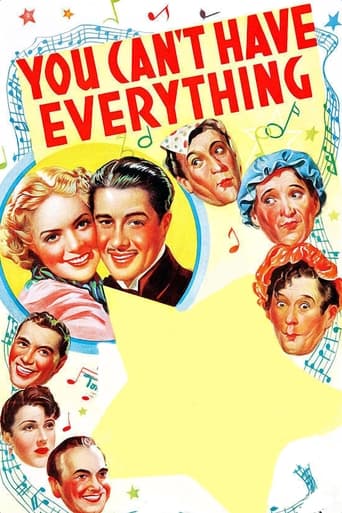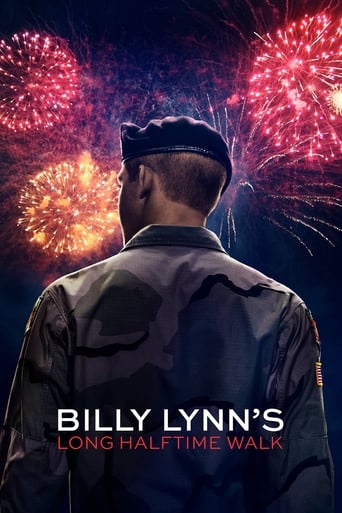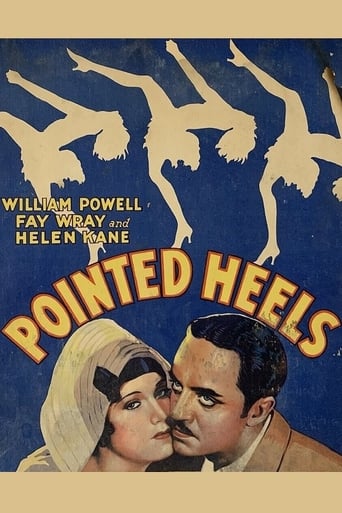The Last Tycoon (1976)
Monroe Stahr, a successful movie producer, pursues a beautiful and elusive young woman — all the while working himself to death.
Watch Trailer
Cast
Similar titles
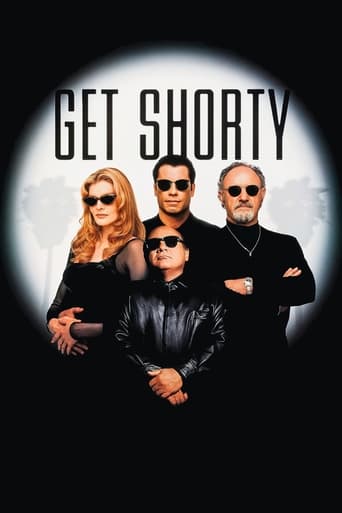
Reviews
The Worst Film Ever
Excellent, Without a doubt!!
It's simply great fun, a winsome film and an occasionally over-the-top luxury fantasy that never flags.
There are moments in this movie where the great movie it could've been peek out... They're fleeting, here, but they're worth savoring, and they happen often enough to make it worth your while.
Film Review: "The Last Tycoon" (1976)The last picture show of Director Elia Kazan (1909-2003), who takes F. Scott Fitzgerald's unfinished novel from 1941, adapted for the screen with help of screenwriter Harold Pinter (1930-2008), puts his signature on slow-burning intense character struggles in the Golden Era of Hollywood of the 1930s scenarios, where film studio executive Monroe Stahr, performed by beats underlining, matured-in-isolation actor Robert De Niro, who runs through the film like a train, taking on every obstacles as well as presented opportunities by encountering several women, choosing arguably the false kind to lose balance entirely, over his calmly received incomplete beach house of bliss; masterfully visualized in straight, uncompromising shots in scenes as Monroe's meeting with Mid-Western Writer Brimmer, portrayed by ultra-relaxed actor Jack Nicholson; in an evening of drinking, dining and ping-pong gaming, before a high-pitched hit strikes into this action-denying, quiet and classic drama-indulging two-hour-film about a life of executive producers, following furthermore actor Robert Mitchum (1917-1997) as wise-looking, yet office-women-intercoursing character of Pat Brady, his daughter Cecilia Brady, given face by 18-year-old actress Theresa Russell, who would have been the choice for a future wife in Monroe Stahr's position in order to come to terms of peacemaking. Nevertheless "The Last Tycoon" produced by the director's long-time-benefactor Sam Spiegel (1901-1985) does miss the universal messages for a wider audience to connect to, as the equally-titles 2016 TV show of 9 episodes, which needed exceeding thrills for the character of Monroe actually wants to get out, breaking free of it all, recalling the more-accomplished entertaining picture by Robert Altman "The Player" (1992, which finds satire beats to fight the here-centered black and white cinematic film-in-film moments between world-famous supporting cast Jeanne Moreau & Tony Curtis that probably can only be fully enjoyed by people, who have made the experience in producing some kind of visual-storytelling project in their lives, where the relentless, unforgiving force becomes evident that chances of happiness within are fleeting moments; suddenly there, gone forever, before the cycle renews itself.© 2017 Felix Alexander Dausend (Cinemajesty Entertainments LLC)
Fitzgerald died while working on "The Love of the Last Tycoon". It was finished by Edmund Wilson, who took a disjointed series of chapters and paragraphs and a lot of notes and make a coherent novel out of it: "The Last Tycoon." Thus, the script of this film does not have a canonical story to adapt. With this leeway, a lot more could have been done. This film is betrayed by an incoherent script and uneven direction. The movie can be as slow as molasses pouring out in the Alaskan winter or so fast that major events whirl past the viewer. I saw it when it was first released and I left the theater feeling as if I had been cheated.The performances are not the problem. Some performances are great. Theresa Russell is uncanny as a bright college student. DeNiro and Nicholson shine, and Angelica Huston is intriguing in a small role. The problem is that many scenes play out-or peter out-to nothing. No point is made, the story is not advanced. For example, there is a famous Hollywood story of an underling who suffered a heart attack in an executive screening room, and rather than call for help, he remained silent so as to not disturb his bosses. He died. In this movie, he is discovered dead. No point is made. Later, like Teresa Russell, we wait with high expectations to hear the exchange between DeNiro and Nicholson vis-a-vis a writers strike. The gist of their conflict is never even touched on and the scene ends in a silly way.The basic plot is that the tycoon is brought down by his love for a NO NO YES MAYBE NO MAYBE GOODBYE woman. She is meant to be a mysterious cauldron of seething conflicting emotions. Instead, this character comes across as rather a fool who believes anything a man tells her, as long as the man is not DeNiro. Thus, he is not a tragic hero, destroyed by love, but rather a bewildered jerk. There is great stuff here. DeNiro instructing a British writer on the techniques of movie making. Teresa Russell in all her scenes and a satiric take on romantic movies with Tony Curtis and Jeanne Moreau. However, ultimately, there is great potential which goes unfulfilled.
If I recall correctly, this was the last movie to be directed by Elia Kazan, who had an illustrious career in American show business as an acclaimed stage writer and director on Broadway as well as a successful Hollywood director. 'The Last Tycoon' was meant to be his swan song, of sorts. I saw this movie at the cinema when it was first released in 1976 with an old boyfriend and I don't think that either of us knew what to make of it. I then read the novel by Scott Fitzgerald. It was Fitzgerald's last notable work, noted most of all because he died before he could complete it. Comparisons to 'The Great Gatsby' are sadly inevitable, and I didn't find 'The Last Tycoon' to be as good. (But what book ever is?) I hired the movie on rental many years later and thought it was stilted and too impressed by its original source material and couldn't understand why I might have recalled something so (un)memorable.Anyway, the story concerns the rise and fall of Monroe Stahr, a movie mogul whom Fitzgerald based upon the legendary Hollywood figure of Irving G Thalberg. The usual Hollywood generic characters make a showing, the gruff studio head, minions looking to get ahead etc, played by some famous names in miniscule parts (ie Dana Andrews, Tony Curtis), as if it was a mark of status to take part in Kazan's last project for the screen. Robert de Niro looking very young, I think was miscast by Kazan to play Stahr; his performance is strictly one-note and not very lively. A young ingénue making her film debut, Ingrid Boulting, who plays a woman that Stahr becomes obsessed with, got the thumbs down from audiences and critics for being too beautiful to act, whilst a feisty turn from Angelica Huston before she became well known, got a lion's share of the attention. Robert Mitchum, and Ray Milland also have supporting parts but like Andrews and Curtis, it seems a waste of time - dare I say it, a gimmick of casting, to have them in the film at all.Theresa Russell appears as Robert Mitchum's daughter, and she is the Nick Carraway of this story, observing the tragic predicaments of those around her and vowing that she has learned something about life's pitfalls, from carefully observing the mistakes Monroe Stahr and others in the story have made. Since the original source material was never finished, I actually cannot remember the kind of ending they had to tack onto 'The Last Tycoon'. I think Stahr, after his unhappy love affair leaves the studio never to return. In reality, Thalberg was in ill-health for most of his life and died young after being married to actress Norma Shearer - his Hollywood reputation is legendary but you would never know why after not knowing anything about him, and then watching this film.This is one of those films that one finds difficult to get involved with as you cannot see the point of why it has been made. In this case it is unfortunate because the project had everything going for it, but it did not turn out as well as either audiences or critics had anticipated, and sadly comes off as an unnecessary vanity project on behalf of Kazan reaching the sunset of his illustrious career in movies.
F. Scott Fitzgerald's writing is beautiful, very lyrical but his character's words are not to be taken at face value. His description is vivid though he does not use fancy - or too many - words. He has a clear point of view or opinion about the people he writes about. But if his writing appears matter-of-fact, fly-on-the-wall, etc. it is anything but that. In THE LAST TYCOON he wants to tell us about his problems with alcohol and women, the effect of communists unionizing Hollywood writers, and - like always - the unique agonies of the very wealthy class. Like his other fiction, dialog is a minor inconvenience serving to support the overall description of what's happening - better conveyed by mood, atmosphere and pretense. Not in spite of but as a result of FSF's talent, his writing can simply put blunt description in his characters mouth and allow it to melt with his narration. His ability to convey mood is that compelling.Translating such to film creates a problem. The scenes in TLT are comically bad. Irony is given new definition when Stahr rejects a scene on the basis that 'People don't talk that way". People don't talk like the characters in TLT. Allow me to suggest that a successful adaptation of an FSF story would contain limited dialog, even to the extent such requires omitting what dialog the novel or short story contains. Sometimes a literal interpretation is not necessarily faithful.
